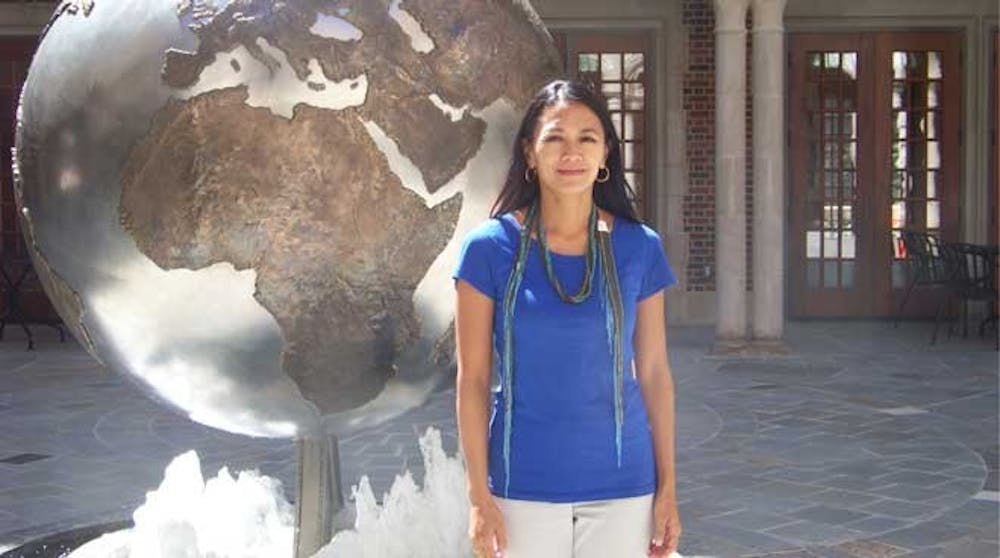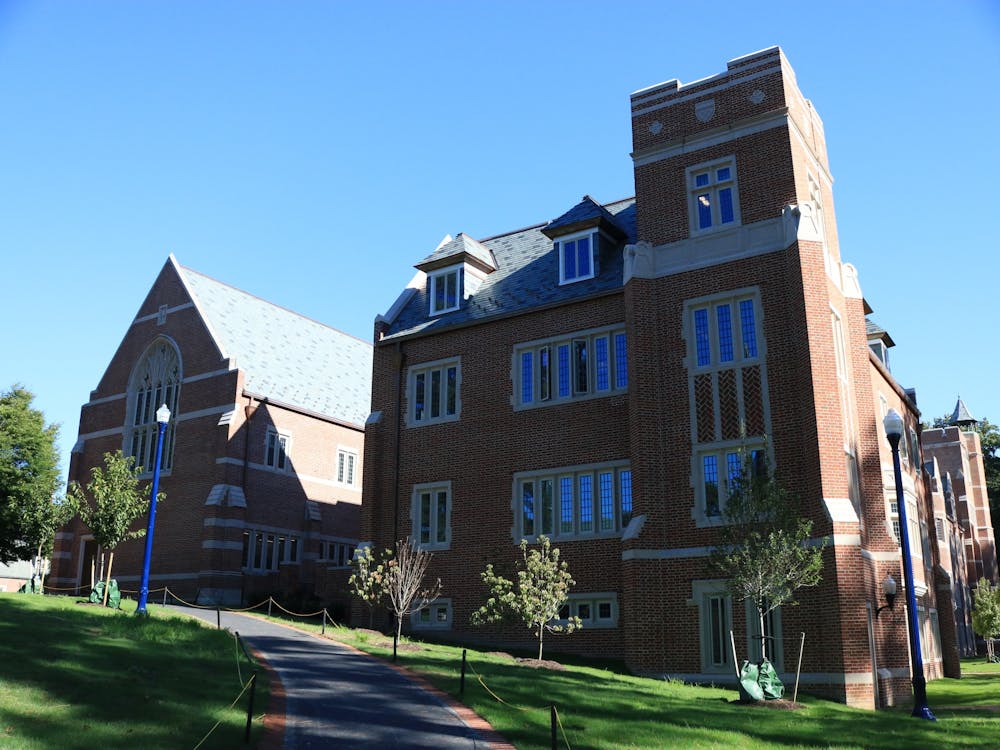Each year, the University of Richmond brings in visiting scholars and staff from all over the world. All five schools at the university recruit international scholars to teach courses and conduct research; this semester there are 22.
"Having international scholars is part of our general effort to become an international university," said Uliana Gabara, dean and Carole Weinstein chairwoman of international education.
Gabara said the highlight of international scholars was that they could be recruited in a variety of ways. The Office of International Education has a fund for visiting international scholars and works with various departments to bring them to Richmond. Other departments bring in international scholars on their own. Richmond also has relationships with agencies abroad that send scholars, Gabara said.
Once here, they teach courses, conduct research or do both. Krittika Onsanit, director of international studies, scholar and internship services, said the length of the scholars' stays depended on their host department, but it could be days, weeks, a semester or a year.
Gabara said international scholars liked to come to Richmond because they were interested in the American model of liberal arts education and smaller universities. She said most international scholars did not have the opportunity to teach small classes. At Richmond, they were able to interact closely with very bright and eager-to-learn students, she said.
One program the Office of International Education has a connection with is the Swedish Foundation for International Cooperation in Research and Higher Education. STINT places scholars at universities across the east coast of the United States for a fall semester at a liberal arts school.
STINT fellow Karl Loxbo was chosen by Richmond to teach a course in the political science department this semester. He is teaching European Union and Integration.
Loxbo said the liberal arts style of study was famous worldwide, though it only existed in the United States.
"[In Sweden] students study programs," he said. "Here you get a broader education."
He said he was used to being at a big university and in a lecture setting, but here he had five to 10 students and ran a discussion-based class. He said it was a major advantage and prepared the students for academic life and intellectual discussion.
"All students are talented here," Loxbo said. "That's what strikes me the most."
Onsanit said the benefit of having international scholars like Loxbo at Richmond for students and faculty was that it exposed them to international people through teaching, classes and in research areas.
Enjoy what you're reading?
Signup for our newsletter
"The university values these scholars not only for their contributions in their academic expertise, but for the international perspectives they provide to the university and the greater community through lectures, readings, performances and in-depth discussions with faculty and students alike," Richmond's international education website states.
"We are living in a global world," Gabara said. "It doesn't matter what kind of work you're going to do, you're going to need to understand diversity."
She said students and faculty should think about what the "incredible advantage of having international visiting scholars offers them." Since they are here for just a semester or a year, it is a fleeting opportunity, she said.
And students and faculty shouldn't miss out on the fact that international scholars are eager to interact in and outside of the classroom, Gabara said.
Contact reporter Sarah Craig at sarah.craig@richmond.edu
Support independent student media
You can make a tax-deductible donation by clicking the button below, which takes you to our secure PayPal account. The page is set up to receive contributions in whatever amount you designate. We look forward to using the money we raise to further our mission of providing honest and accurate information to students, faculty, staff, alumni and others in the general public.
Donate Now



